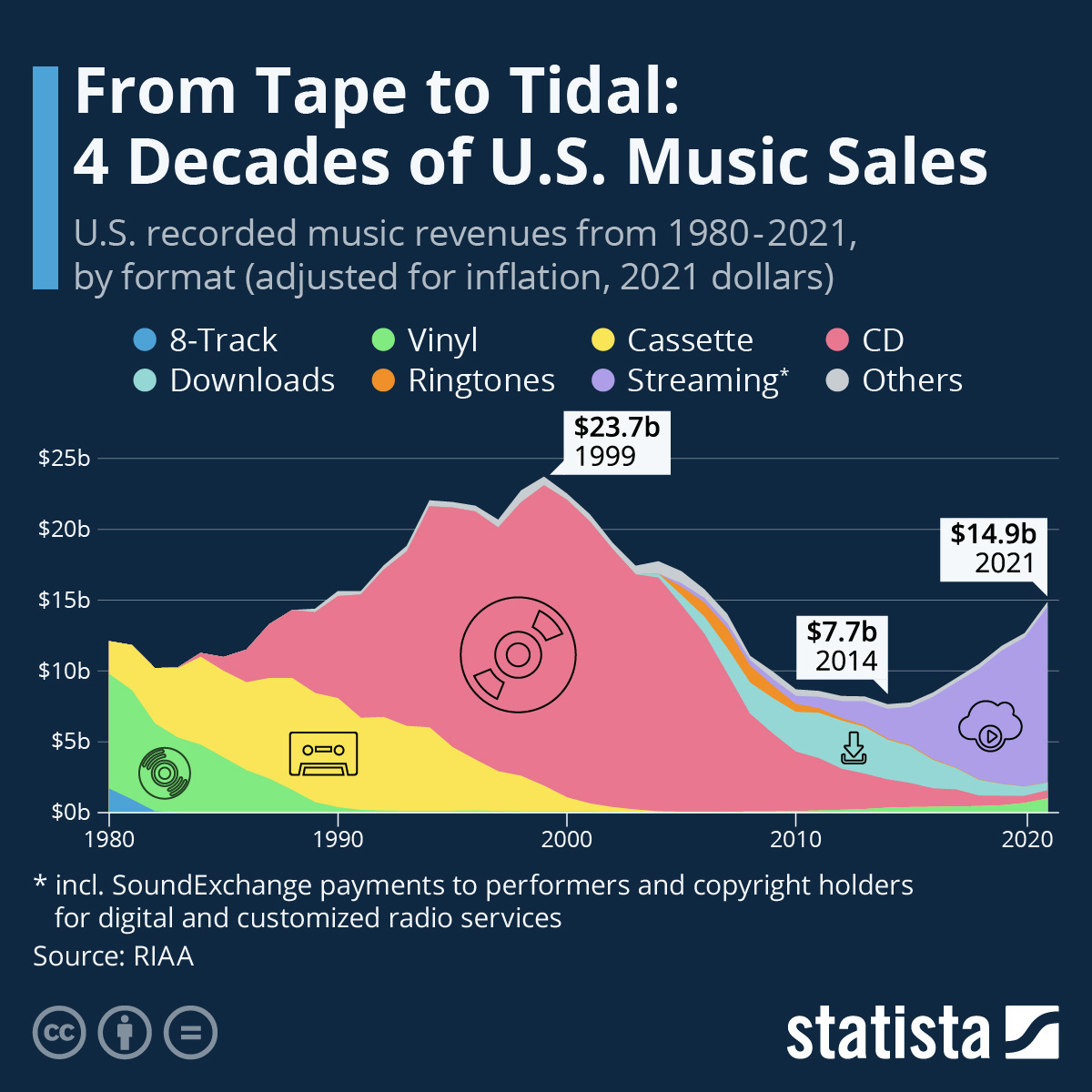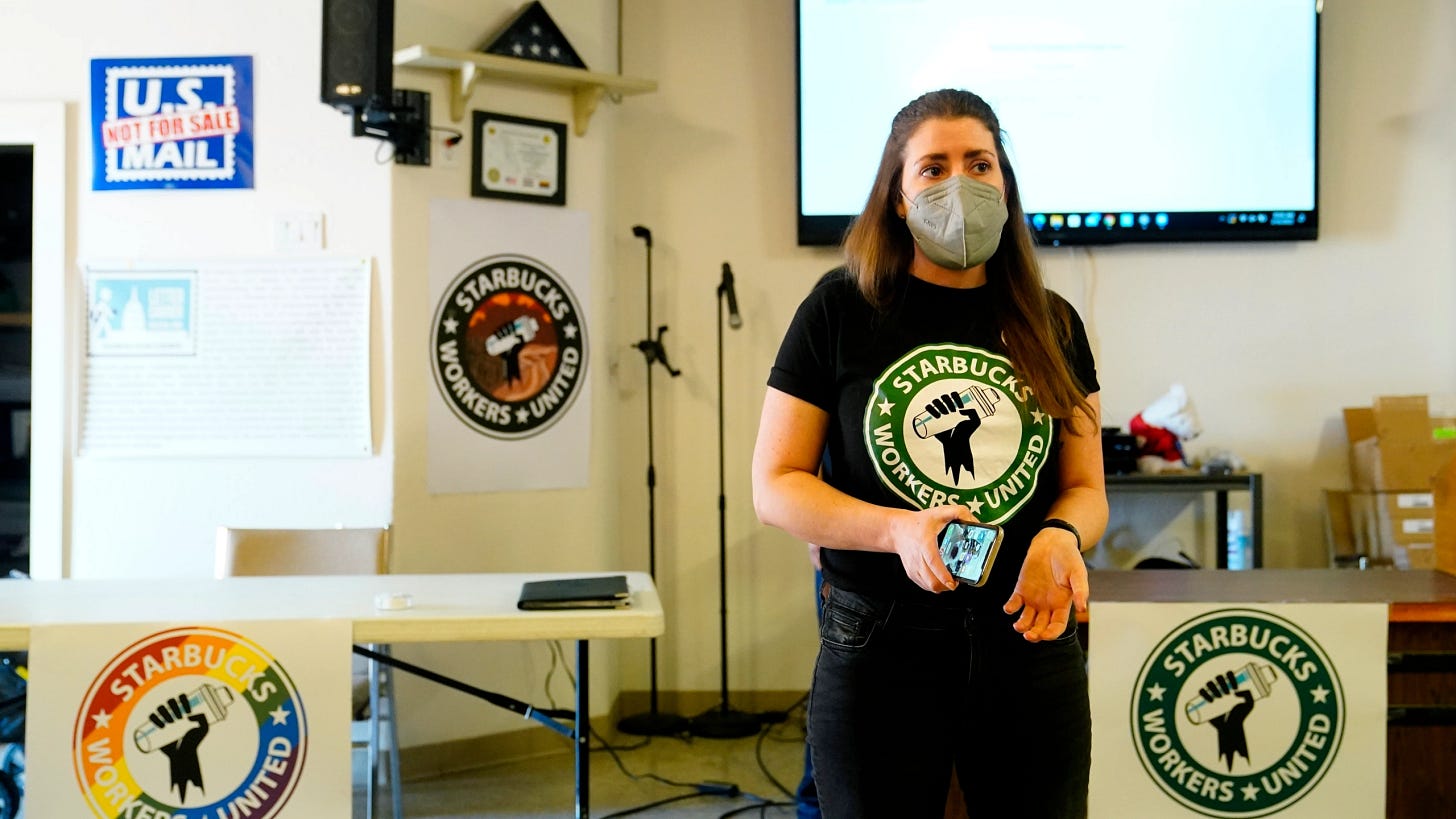The Moral Injury of Late Capitalism: Snoop Dog, Disintermediation, And The Marginalization of Creative Labor
Where the F-ck is the Money?
Author’s Note: This is an updated version of a June 2023 post written during the WGA (TV Writers) strike. The 148 strike ended on October 9, 2023 when 99% of the WGA members ratified a deal which included pay increases, minimum staff requirements, and restrictions on the use of artificial intelligence by the studios. Click here for more information.
During the 2023 Milken Conference at the Beverly Hilton, Snoop Dog joined a panel with Larry Jackson, Founder of Gamma about the economics of the music industry in the streaming age. The video can be found here.
Where the f-ck is the Money?
Snoop broke down the issue to its basics.
“Can somebody explain to me how you get a billion streams and not get a million dollars?” Snoop Dogg asked during the conference. “That sh-t don’t make sense to me.”
He added, “That’s the main gripe with a lot of us artists is that we do major numbers with streams but it don’t add up to the money. Like, where the f-ck is the money?”
The Digitization of Music
When music streaming replaced CDs and vinyl in the 2000s, there was a deep contraction in the music industry as it sought to find a new profit model. It did so in streaming music platforms, and music publishers are posting record profits in 2023.
As Snoop Dog points out, however, very little of that profit is making its way to the musicians who create the music.
As New York Times music writer Ben Sisaro wrote,
The heart of musicians’ critique is how that money is distributed. Major record labels, after contracting painfully for much of the 2000s, are now posting huge profits. Yet not enough of streaming’s bounty has made its way to musicians, the activists say, and the major platforms’ model tends to over-reward stars at the expense of everybody else. With more music being released than ever before, they say, it has become nearly impossible for any artist who is not a star to earn a living wage.
Disintermediation
Snoop Dog asks the question, “why are musicians making less money in the music industry following digitization/streaming if people are still listening to the same amount of music?”
One issue is related to the Substack model. Here at Substack writers have disintermediated — eliminated publishers as a barrier to entry — and also use substack as a distribution outlet.
Musicians have largely disintermediated publishers (corporate record studios) but still rely on streaming services — corporate content aggregators — for distribution.
Music’s closest substack analog is Bandcamp which simply allows artists to post their music on the site and, when their fans purchase the music digitally or in a physical format, Bandcamp takes a 10% commission. Bandcamp makes money for itself and its musicians.
This issue was discussed well by Damon Krukowski in 2020.
Spotify and Bandcamp could not be more opposite. Where Spotify highlights playlists, most often of its own creation, Bandcamp sticks to the album (or any other format, as determined by the artist). Where Spotify pays royalties according to little-understood formulas that can only be analyzed by reverse calculation, Bandcamp lets artists and labels choose their own prices. Where Spotify requires working through a limited number of distributors to access their services, Bandcamp is open to anyone. Where Spotify has revenue streams dependent on ads and data, Bandcamp operates on a simple revenue share with artists and collects no information on its users.
Spotify is now worth an estimated $54 billion on the stock market, despite having never shown an annual profit. Bandcamp is privately owned, has been in the black since 2012, and continues to grow... slowly. You might be tempted to say that one is a 21st-century business, and the other belongs to an earlier age. But neither could exist at any other time.
AUTHOR’S NOTE: In September 2023 Bandcamp was sold to Songtradr, a music licensing platform. Click here for more information.
The Marginalization of Those Who Create Value is the Essence of Late Capitalism
As Annie Lowrey explained in the Atlantic, “late capitalism,” in its current usage, is a catchall phrase for the indignities and absurdities of our contemporary economy, with its yawning inequality and super-powered corporations and shrinking middle class.
The complete dominance of the economy by global, corporate forces that pay musicians pennies for their work while record companies make billions are the same forces that have brought TV and filmmaking to a halt with the Writers Guild of America strike.
At Day 50, the strike is costing $30 million per day in lost productivity. The stakes are high, and not just for TV writers.
A New Labor Movement?
Late capitalism can only be challenged by a new labor movement that is prepared to fight and sacrifice. I have seen it firsthand here in Buffalo, where Starbucks began its unionizing efforts in the face of corporate efforts to disrupt its lawful activities.
Musicians, writers, and wage workers in the service economy have been marginalized by the perverse values of late capitalism. The fight for economic justice will be hard.








